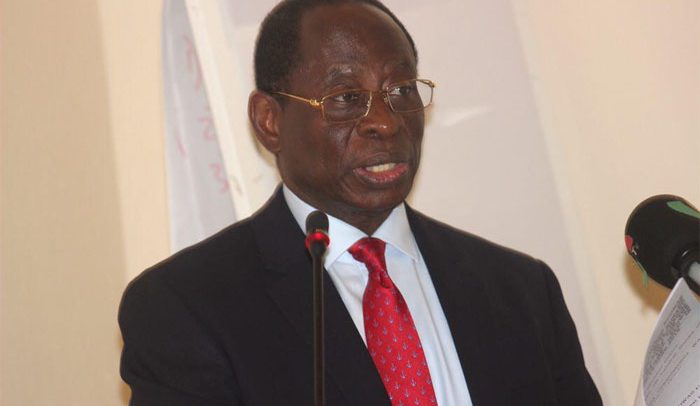Dr Konadu Apraku
The Commissioner for Macroeconomic Policy and Economic Research with the ECOWAS Commission, Dr. Kofi Konadu Apraku, has prescribed new ways to deal with problems confronting the Sahel region.
The region is inhabited by over 300 million people across Africa out of which seven countries are Member States of ECOWAS; hence negative developments in the Sahel directly impact on all states of the community.
Speaking at a meeting of experts of the regional organisations on the Sahel convened by the Economic Community of West African States (ECOWAS) in Abuja on Monday, the commissioner itemized the challenges of the Sahel to include economic weaknesses leading to extreme poverty, frequent food and nutrition crisis and political instability.
He also talked of conflicts, high population growth rates, weak public institutions, irregular migration and related crimes such as human trafficking and migrant smuggling.
Dr Apraku stated that the ECOWAS Commission was convinced that “an integrated approach is needed to deal with the issues of peace and security, governance, and economic development” hence it is continuing in its efforts aimed at improving social, economic, political and security situation in order to improve the living conditions while enhancing the sustainable development of the people of the region.
He was therefore of the belief that an integrated “multi-focused development strategy involving several development actors and organisations has the best chance of succeeding in the Sahel region.”
He maintained that the essence of cooperation by the regional organisations was “to build a much broader framework of support and synergy with other actors in the execution of the task ahead.”
Commissioner Apraku therefore stressed the need to strengthen inter-institutional and regional cooperation which has arisen from the fact that the situation in the Sahel remains fragile despite the numerous efforts and strategies to improve security, promote good governance and socio-economic development in the area.
Organised by the ECOWAS Commission in collaboration with the African Union (AU) and the United Nations Office for West Africa and the Sahel (UNOWAS), the meeting was meant to inform stakeholders on recent institutional development in the Sahel, identify priorities and opportunities for joint projects and their implementation challenges, while developing a framework for effective resource mobilisation and a pathway for their efficient execution.


